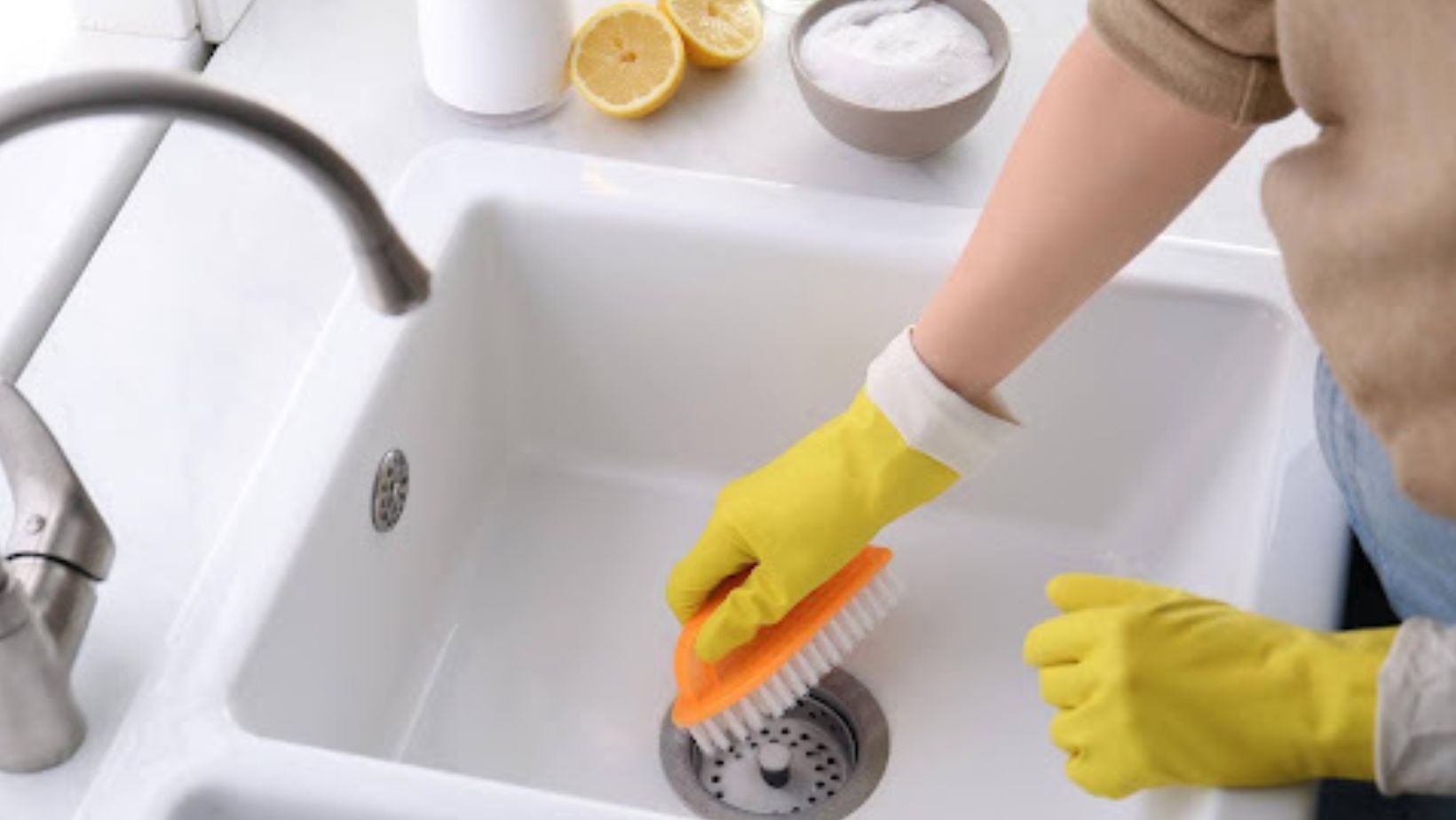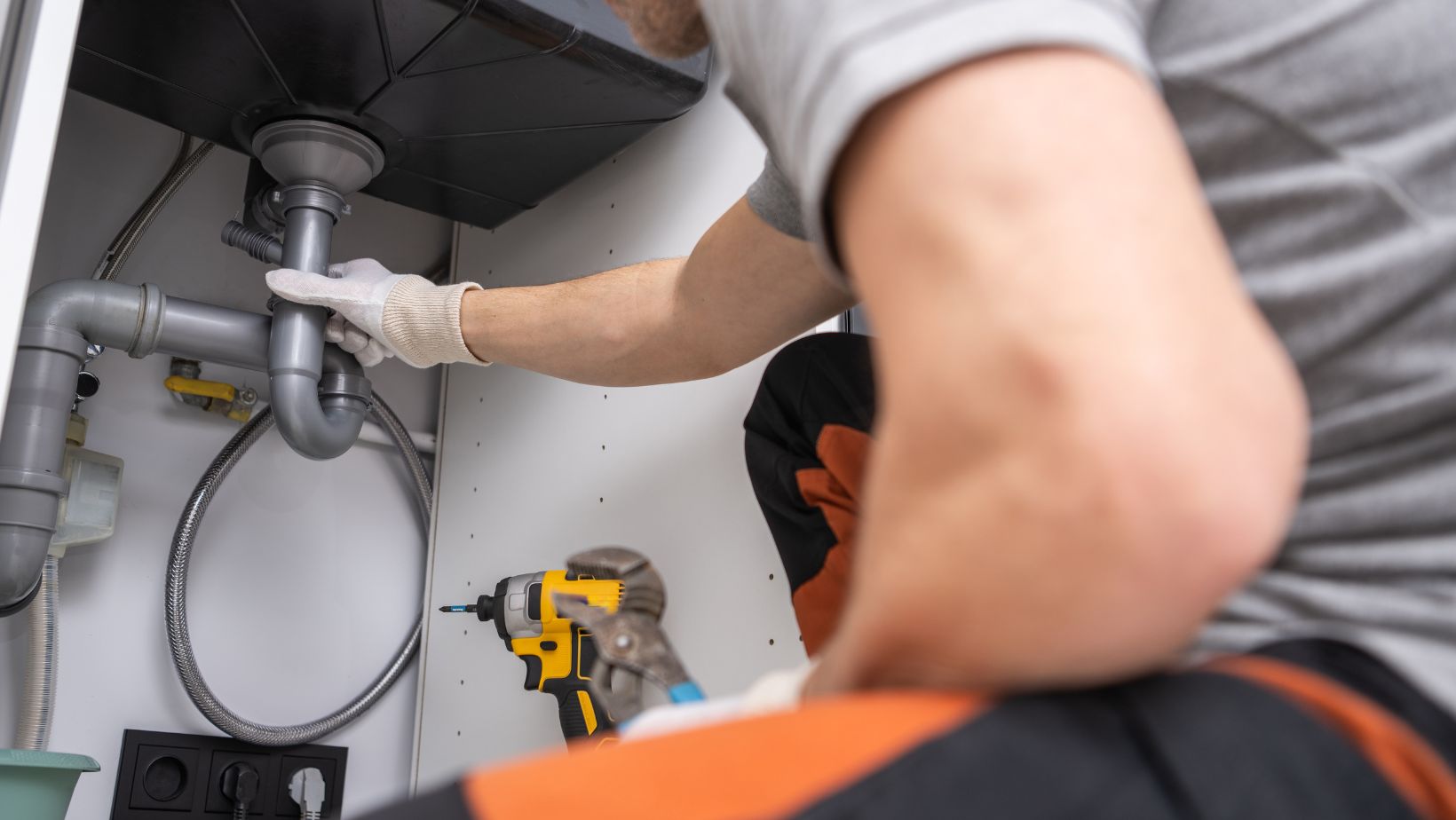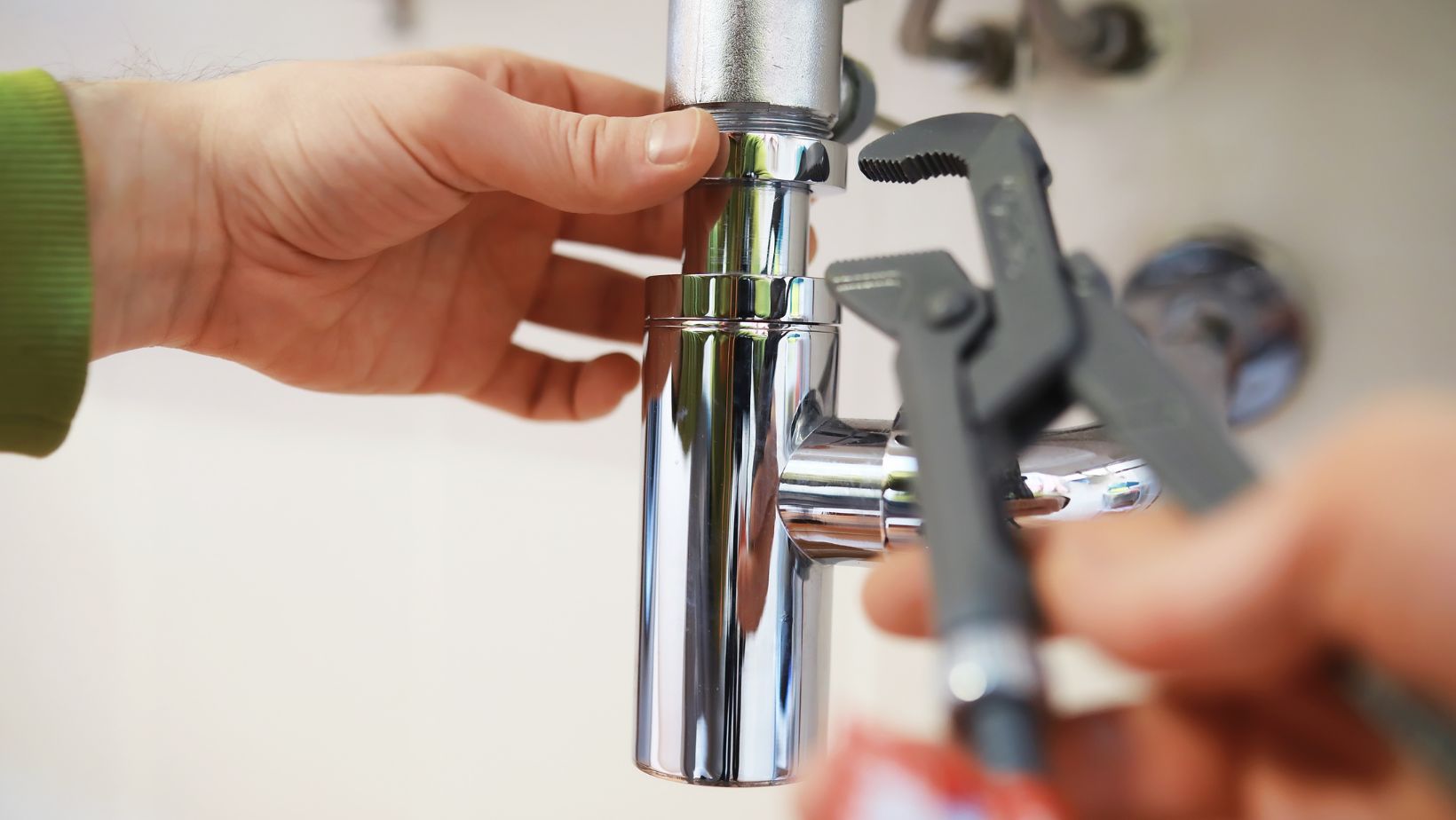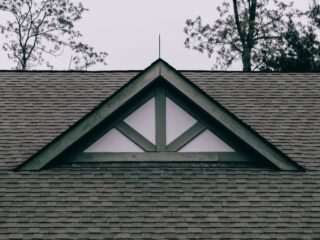
Plumbing maintenance often sits at the bottom of most homeowners’ to-do lists, yet it’s one of the most crucial tasks for preserving both the functionality of your home and your budget. Regular upkeep isn’t just about keeping things running smoothly; it’s also about preventing costly repairs down the line. Whether it’s leaky faucets or clogged drains, the issues that arise from neglecting plumbing are varied and expensive. Thankfully, with a bit of forethought and diligence, you can avoid these pitfalls. The following tips and strategies are designed to help you keep your plumbing in top shape and save money on repairs.
Understanding the Basics of Plumbing Maintenance
Plumbing maintenance encompasses a wide range of activities aimed at keeping your system in optimal working condition. From checking for leaks to ensuring that all fixtures are tightly sealed, a Tucson plumber can identify and address minor issues before they escalate.
Common plumbing systems in a household include the water supply system, drainage system, and plumbing fixtures like toilets, sinks, and showers. Each of these elements needs regular attention to function properly. For instance, a leaky faucet might seem trivial, but it can waste hundreds of liters of water over time, leading to higher water bills and potentially causing water damage to other parts of your home.
When it comes to basic maintenance, having the right tools and materials is essential. Things like wrenches, pliers, pipe tape, and quality plumbing supplies are necessary for anyone taking on DIY tasks. Regular inspections and minor fixes can keep these systems running smoothly, ensuring that small problems don’t become larger, more expensive issues.
Common Plumbing Problems and Their Costs
Frequent plumbing issues often include leaks, clogged drains, and faulty water heaters. Each of these problems can significantly impact your home and wallet if not addressed promptly.
Leaks, for example, are a common but often overlooked issue. The cost of repairing a simple leak is typically low, mostly requiring a bit of plumber’s tape or a new washer. However, ignoring a leak can lead to extensive water damage and mold, which is not only expensive to repair but also poses a health risk. Conversely, maintaining and repairing leaks promptly can drastically reduce these risks and costs.
Clogged drains are another frequent issue that can cause considerable inconvenience. Routine maintenance, such as using drain screens and avoiding pouring grease or coffee grounds down the sink, can prevent clogs. However, if a clog goes unresolved, it may require professional intervention, which is far more costly than the minimal expense of basic preventive measures.
Faulty water heaters are not just an inconvenience but can also lead to higher energy bills and potentially severe damage if they leak or burst. Regularly flushing the water heater to remove sediment build-up extends its lifespan and maintains energy efficiency, saving costs on both repairs and utilities.
DIY Plumbing Maintenance Tips
Keeping your plumbing in good condition doesn’t always require a professional. Simple DIY techniques can go a long way in maintaining your system. Here are a few steps to follow:
Inspecting Pipes and Fixtures: Regularly check your home for any visible signs of leaks, such as damp spots or discoloration on walls and ceilings. Ensure that all pipes and fixtures are securely connected and free from rust or corrosion.
Maintaining Drains: Use drain guards to catch hair and other debris, preventing clogs. Occasionally, flush drains with a mixture of vinegar and baking soda, followed by hot water to keep them clear.
Basic Troubleshooting: For minor plumbing issues, try troubleshooting before calling a plumber. If a drain is slow, use a plunger or a plumbing snake to see if you can dislodge the blockage. For leaks, re-tighten connections or replace washers to stop minor drips.
Safety Precautions: Always turn off the water supply before conducting any repairs. Wear protective gloves and eyewear to avoid injury, and if in doubt, do not hesitate to seek professional help.
When to Call a Professional Plumber
While DIY techniques can handle many minor issues, some situations require professional intervention.
Signs that it’s time to call a professional include significant leaks, persistent low water pressure, foul odors from drains, or a water heater malfunction. Delaying professional consultation in these cases can exacerbate the problem, leading to more extensive damage and higher repair costs.
Choosing a reliable plumbing service is crucial. Look for licensed professionals with good feedbacks, and ask for estimates before work begins to avoid unexpected expenses. While professional maintenance might seem more costly, it’s often cheaper than emergency repairs that could have been avoided with regular checks.
Long-Term Benefits of Regular Plumbing Maintenance
Maintaining your plumbing system has long-term benefits that extend beyond immediate repairs. Regular upkeep can significantly increase the lifespan of your plumbing, saving you the cost and hassle of frequent replacements. It also promotes water conservation, which not only benefits the environment but also reduces your water bills.
A well-maintained plumbing system can also increase your home’s value. Potential buyers are more likely to invest in a property where they won’t face immediate plumbing issues, ensuring a smoother and potentially more profitable sale process.
Additionally, regular maintenance reduces the stress and disruption caused by plumbing emergencies, allowing homeowners to enjoy peace of mind knowing their home’s plumbing is in good working order.
Conclusion
Regular plumbing maintenance is essential for preventing costly repairs, preserving the functionality of your home, and maintaining peace of mind. By understanding the basics of plumbing systems, addressing common issues proactively, and knowing when to call for professional help, homeowners can save considerably on repair costs. Integrating regular plumbing checks into routine home maintenance is a small effort with significant rewards. Now’s the time to take action and ensure that your plumbing remains in excellent condition.







